Aging (Aging-US) was proud to sponsor the Muscle Aging Science & Translation (MAST) Symposium, organized by the Aging Initiative at Harvard University on Friday, April 18, 2025.
This important event brought together 350 participants—chosen from more than 1,300 applicants—including students, researchers, company founders, investors, and industry leaders. Together, they explored the latest research and innovations in muscle health and aging. The symposium reflected the journal’s strong commitment to supporting collaboration across fields and advancing research in aging.
-Key Highlights from the MAST Symposium-
Clinical Research Perspectives on Frailty
The symposium opened with a strong clinical session led by experts from top institutions: Dr. Roger Fielding (Tufts University and Boston Claude D. Pepper Older Americans Independence Center) and Drs. Douglas Kiel, Shivani Sahni, and Yi-Hsiang Hsu (Harvard Medical School and Beth Israel Deaconess Medical Center).
The panel discussed key topics such as the biology of frailty, how bone and muscle health are connected, and the influence of genetics, diet, and exercise on staying strong as we age. By blending real-life patient care with the latest research, the speakers shed light on the challenges of sarcopenia—the gradual loss of muscle strength and mass that occurs with age—and the new scientific approaches being developed to improve treatment.
Next-Generation Therapeutic Approaches
Lada Nuzhna, founder and CEO of Stealth Newco and director at Impetus Grants, shared her vision for advancing muscle health through innovation. With a strong focus on translational impact, she discussed her interest in developing a comprehensive program that combines various exerkines—exercise-induced signaling molecules—to improve muscle function.
Dr. Francisco Leport, co-founder and CEO of Gordian Biotechnology, introduced a new method for studying treatments for osteoarthritis, a common age-related joint condition that causes pain and stiffness. His approach, called in vivo pooled screening, allows scientists to test millions of potential therapies inside a single animal with the disease. This technique speeds up research and reduces the need for using multiple animals, helping to move from discovery to treatment more quickly.
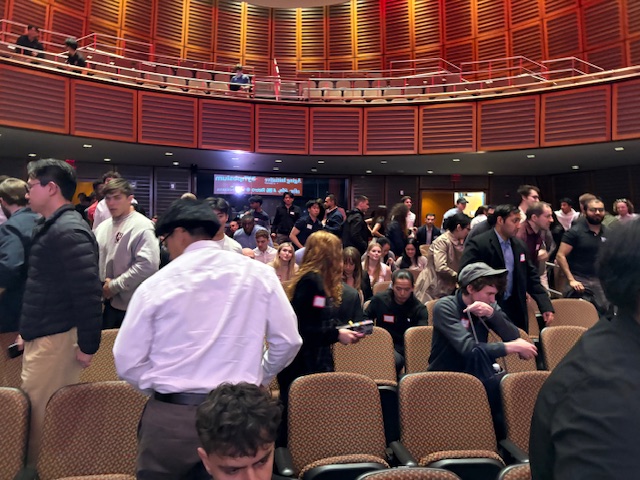
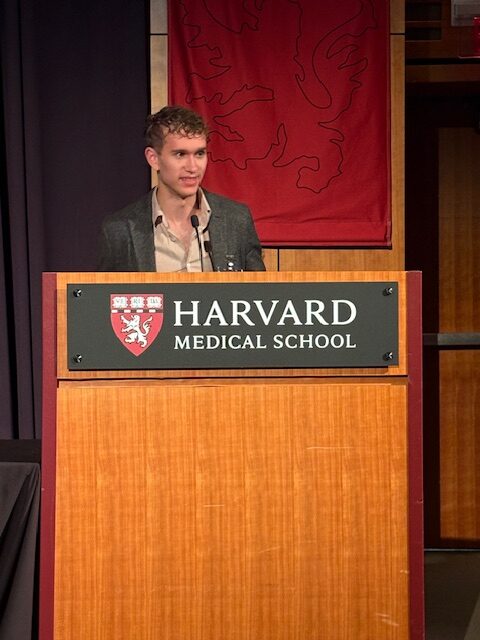
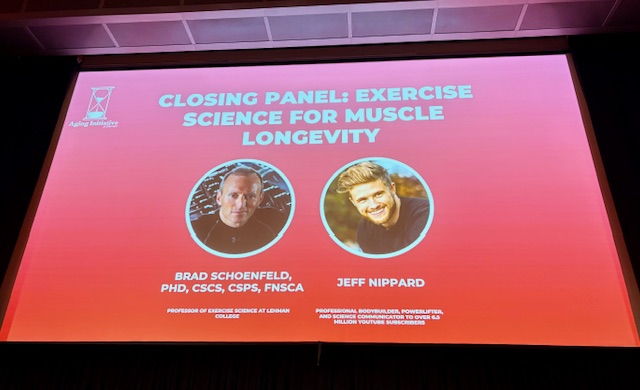
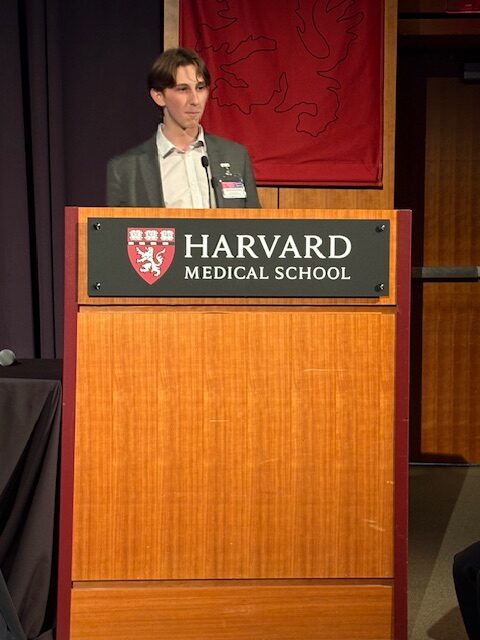
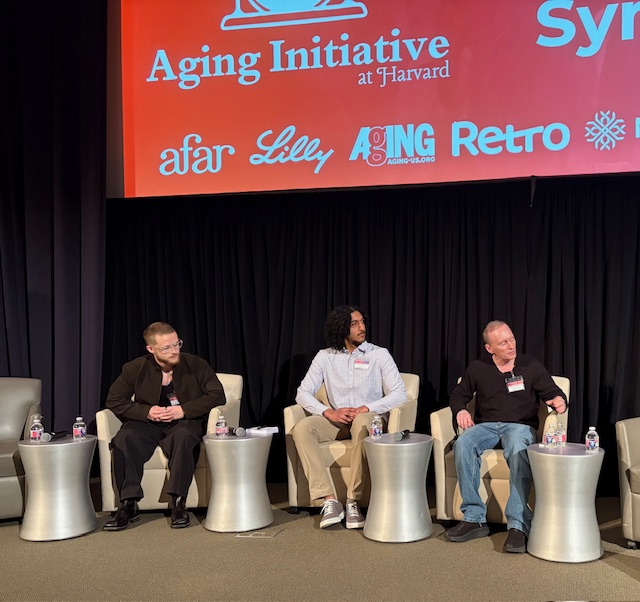
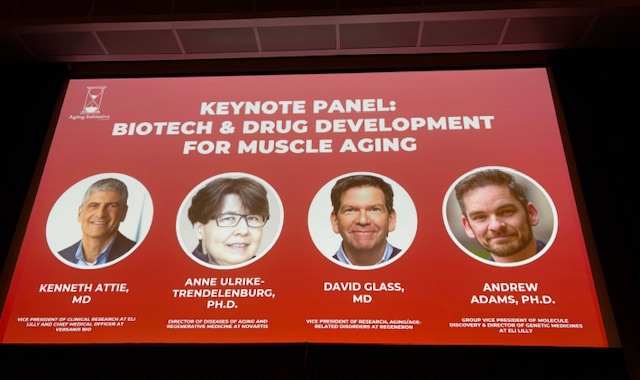
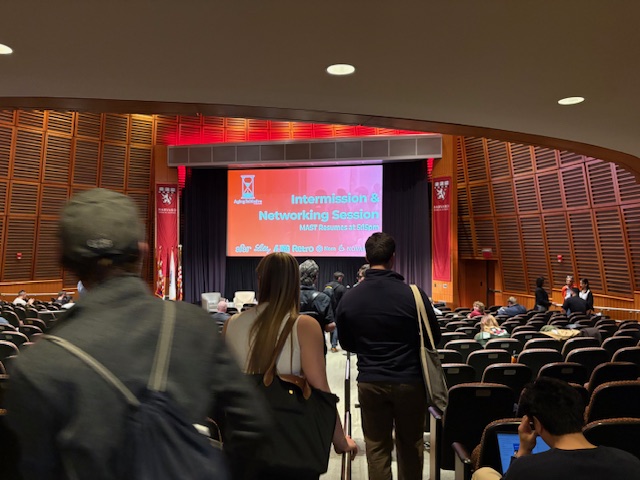
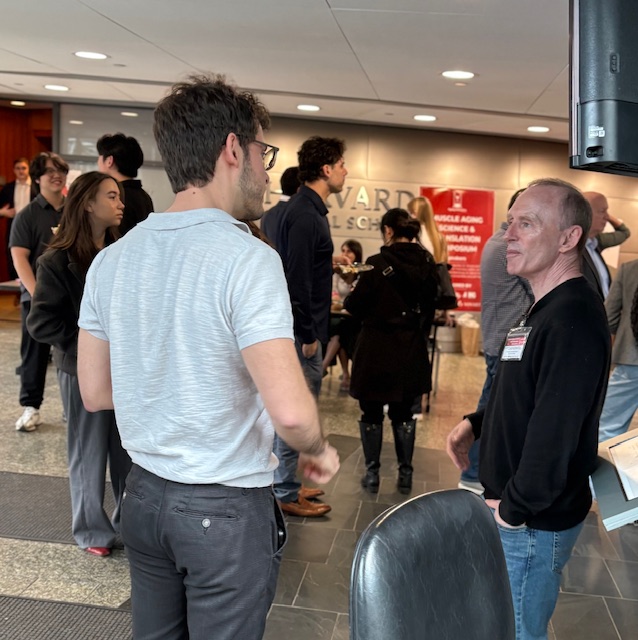
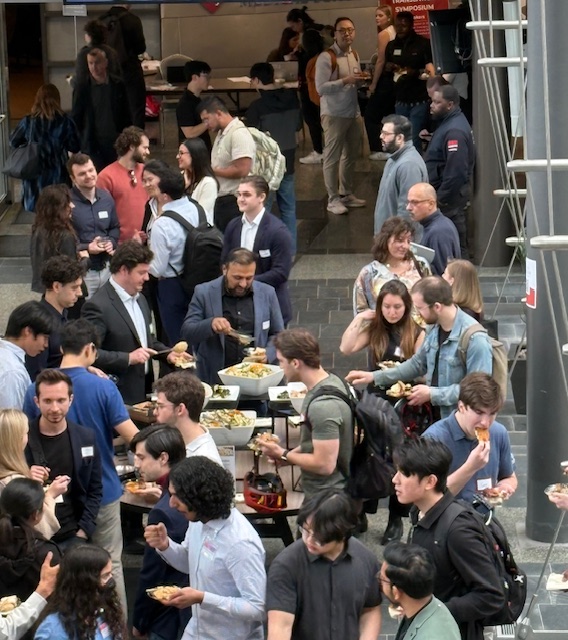
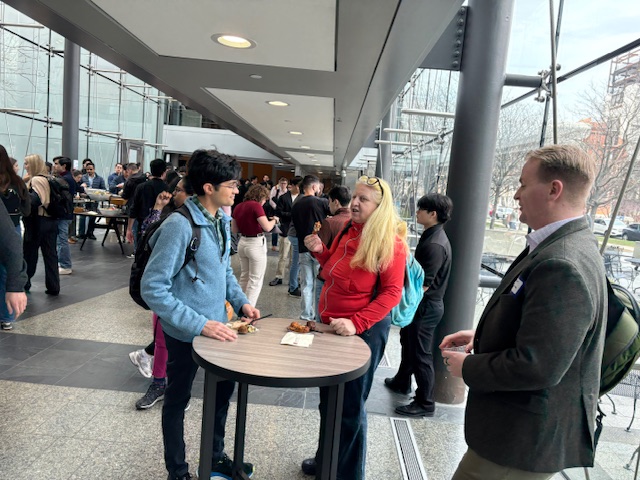
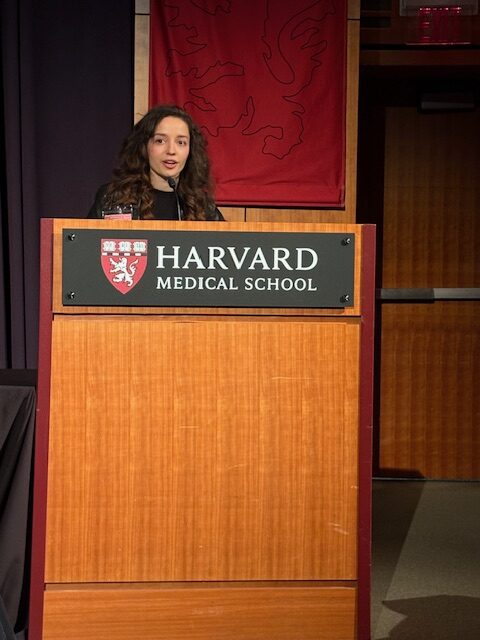
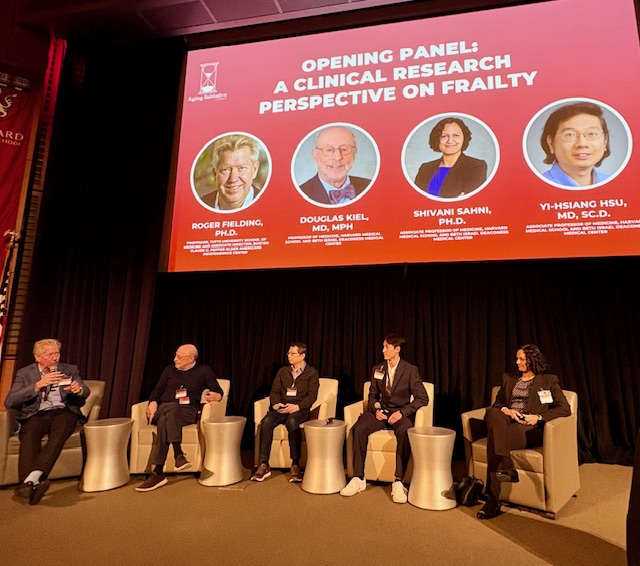
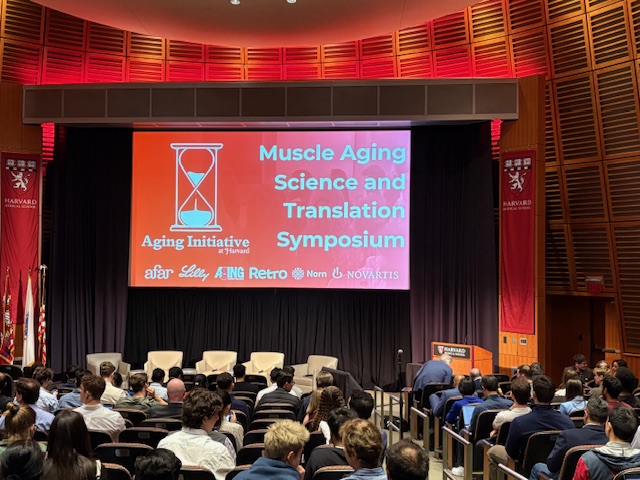
Biotech and Drug Development for Muscle Aging
This panel brought together leading voices from Lilly (Dr. Andrew Adams), Novartis (Dr. Anne-Ulrike Trendelenburg), Regeneron (David Glass, MD), and Versanis Bio (Ken Attie, MD). Together, they explored therapeutic strategies focused not just on lifespan extension but on preserving mobility, muscle function, and independence as people age.
The discussion emphasized a human-centric approach to drug development, focusing on targeting mechanisms quickly and efficiently in clinical studies, and the importance of early intervention to achieve larger effect sizes and better long-term outcomes. Panelists also stressed that muscle function matters more than mass and highlighted how older individuals often experience a loss of mitochondrial function, leading to fatigue and reduced stamina—underscoring the need for programs that support mitochondrial health.
The panel further noted that nerve decline may precede muscle decline with age. While there is no definitive data linking cognitive and muscle function, improvements in vascular health through exercise were highlighted as a way to reduce inflammation and support overall health. In addition, they addressed the rise of GLP-1-based therapies, including the public health concern of weight regain following treatment.
Exercise Science for Muscle Longevity
This energizing final session featured Dr. Brad Schoenfeld from Lehman College and Dr. Jeff Nippard, a professional bodybuilder, powerlifter, and science communicator. Together they shared research-backed strategies for preserving muscle health at any age, emphasizing that it is never too late to start training and that even minimal, consistent exercise can significantly boost mobility and independence. They also recommended incorporating power and explosive movements into workouts and emphasized the importance of adequate leucine intake to support muscle health.
Driving Scientific Progress in Muscle and Aging Research
The MAST Symposium, like previous Aging Initiative at Harvard University events, showcased the power of interdisciplinary collaboration, mentorship, and early engagement in driving scientific progress. Aging (Aging-US) is proud to support initiatives that highlight the latest breakthroughs while inspiring younger generations to pursue meaningful careers in aging research.
From innovative drug development to accessible exercise interventions, the MAST Symposium emphasized the urgency and opportunity in addressing muscle aging—a key driver of health and independence in older adults.
____________
Founded in 2008 by visionary scientists—Dr. Mikhail (Misha) Blagosklonny, Dr. Judith Campisi, and Dr. David Sinclair—Aging (Aging-US) was created as a platform for publishing innovative and sometimes unconventional ideas in the rapidly evolving field of aging. Supporting events like the MAST Symposium is not just aligned with this mission—it reflects our long-term commitment to advancing aging science and empowering the next generation of researchers.
Click here to subscribe to publication updates.
For media inquiries, please contact [email protected].
